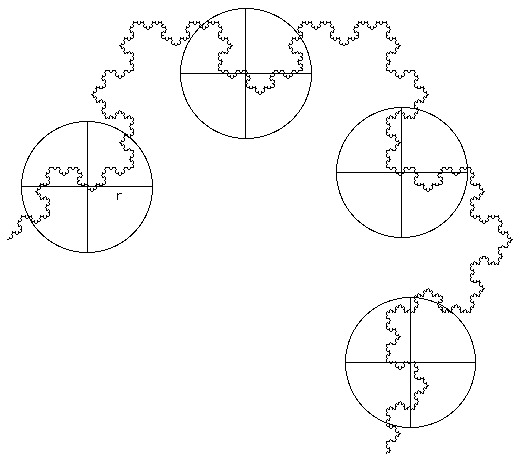talk at Swinburne's Complex Processes Research Group (CPRG)
Hello all,
I've been invited to give a one-hour talk at the Complex Processes Research Group (CPRG) at Swinburne University in Melbourne. The present theme for talks is, broadly speaking, "neoliberalism and the environment." I've included the abstract from Dr. Arran Gare's inaugural talk to give a sense of what issues are being discussed.
Quote
SPEAKER: Arran Gare
TOPIC: Neoliberalism and Ecological Destruction: Is There No Alternative?
TIME: 12.30pm, Wednesday, 7th March
VENUE: ATC205
ABSTRACT:
The neoliberals who triumphed in the 1970s recognized that the greatest challenge to their domination of the world, in alliance with the global corporatocracy, was the emerging environmental movement. They responded with a massive public relations campaign claiming that there is no environmental crisis, but only particular environmental problems, and that these problems are best dealt with through the entrepreneurial spirit of corporate managers responding to market signals. The outcome has been the creation of a global system driving ecological destruction (clearly manifest in Australia) in which individuals and nations, enslaved to a globalized market, are forced to compete with each other for the favours of corporations for employment and capital. We now have a global system in which organizations that are ecologically sustainable are economically unviable, and organizations that are economically viable are ecological unsustainable. We face a global ecological collapse which will destroy most of civilization, associated with the mass extinction of species equal to the great extinctions of the past. Among other things, billions of people will die.
The failure to effectively mobilize against this juggernaut is due to the successful indoctrination of most former political parties of the people, green parties and former political activists with Thatcher’s claim that ‘there is no alternative’ to neoliberalism. To be realistic we have to accept neoliberalism, and at most, soften its impact. In this talk I will argue on the basis of process philosophy, theoretical ecology, philosophical anthropology and semiotics, that is, the theoretical work that this group has undertaken, that there are alternatives, and explore what these involve. It will be suggested that these provide the path to an ‘ecological civilization’ in which humanity augments rather than undermines the ecological conditions of its existence.
My talk, which will involve Schelling's Naturphilosophie and its possible relations to a critique of neoliberalism, is slated for 2 May. I'll post more here when I have more information.
-
 1
1


4 Comments
Recommended Comments
Please create an account or sign in to comment.
Only registered Members can post comments.
Create an account
Take a minute and sign up as a Member. Free and easy!
Become a MemberSign in
Already have an account? Sign in here.
Sign In